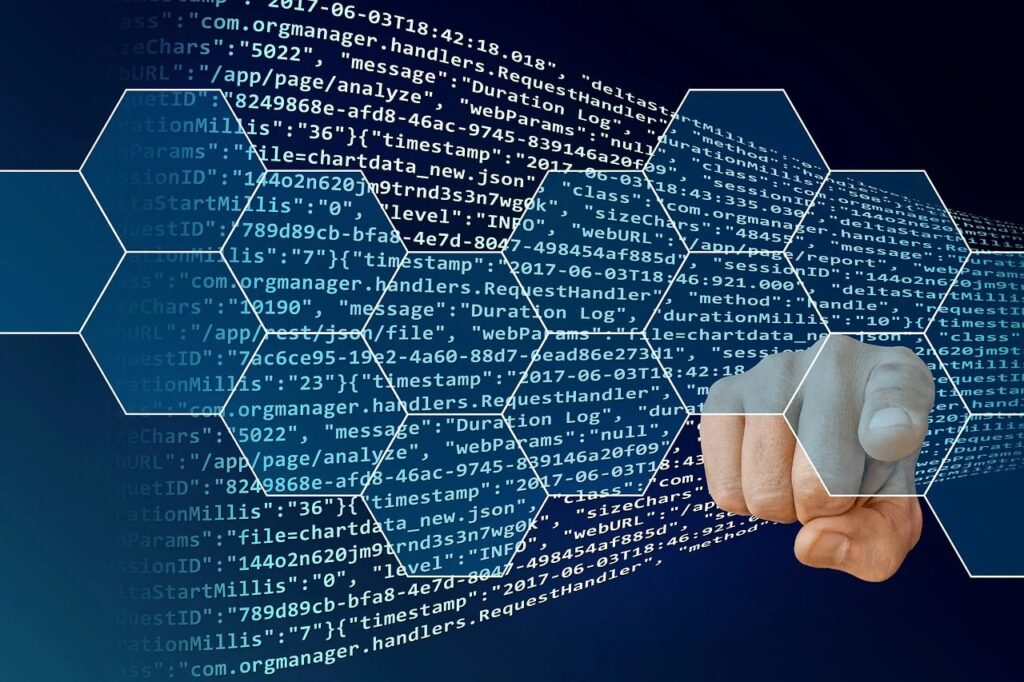Artificial intelligence (AI) has many benefits across various domains. some of the key benefits are:
Enhanced Creativity: AI systems can help us to generate new ideas and possibilities. This can lead to new products, services, and solutions to problems.
Improved Decision Making: AI algorithms can process vast amounts of data, identify patterns, and make data-driven predictions and recommendations. This capability can assist decision-makers in making more informed and optimized choices, leading to better outcomes and reduced risks.
Increased safety: AI systems can be used to monitor our environment and detect potential hazards. This has the potential to reduce accidents and save lives.
Enhanced Healthcare and Diagnosis: AI can assist in medical image analysis, early disease detection, and personalized treatment plans. AI algorithms can analyze medical records, identify patterns, and provide insights to healthcare professionals, leading to more accurate diagnoses and effective treatment options.
Automation and efficiency: Artificial intelligence (AI) technology can automate monotonous operations, freeing up human resources to focus on more complex and creative endeavors. AI systems can analyze large volumes of data quickly and accurately, leading to increased efficiency and productivity in various industries.





